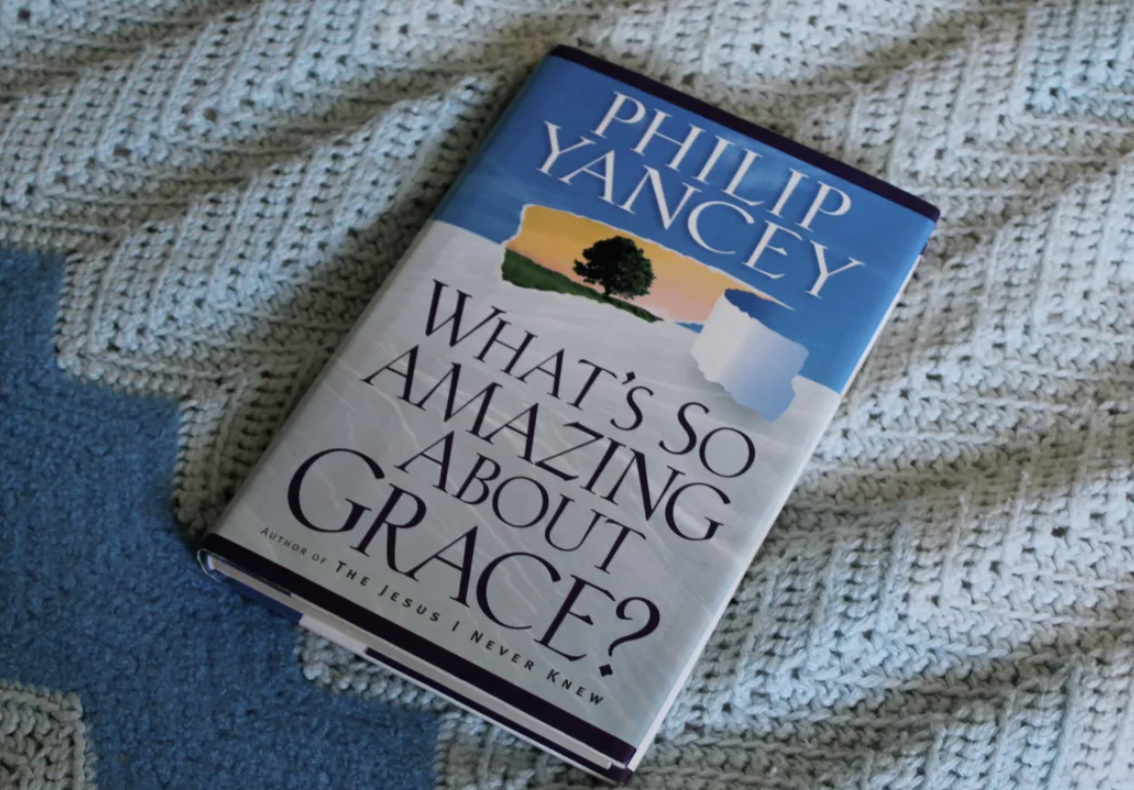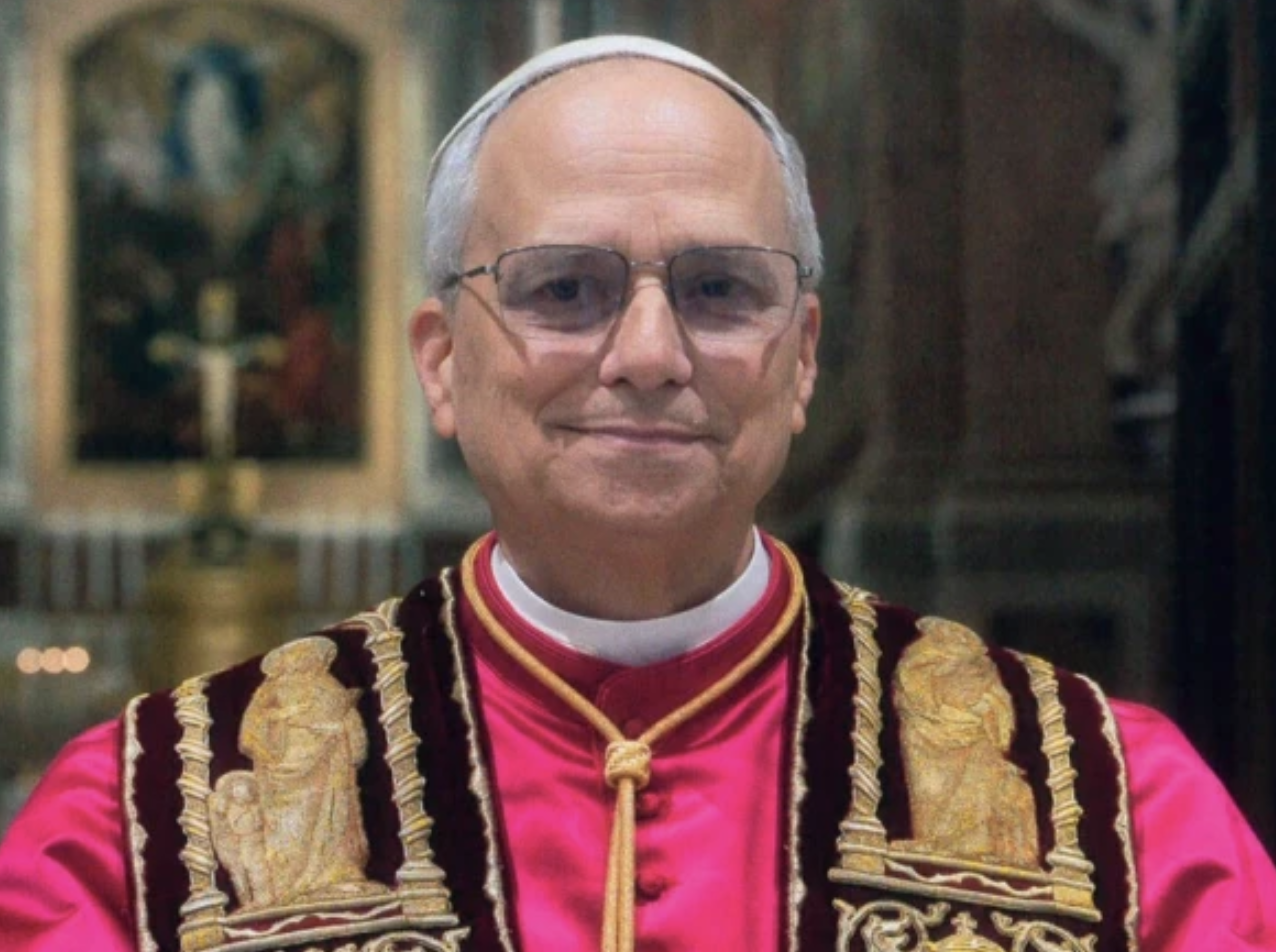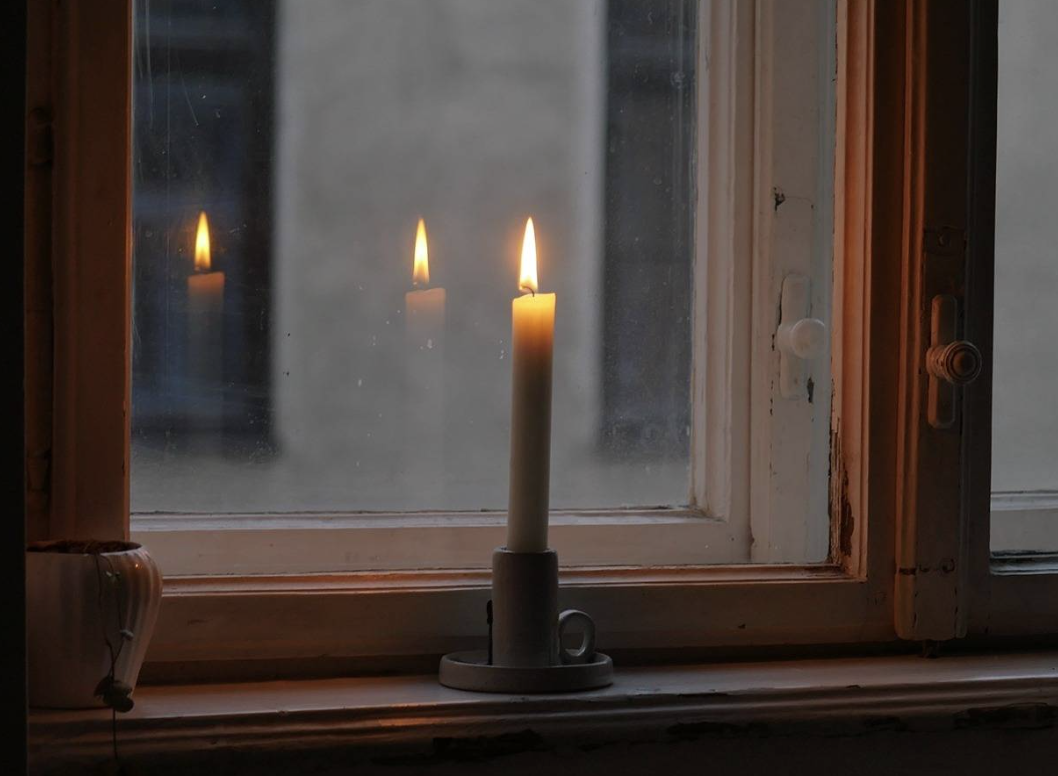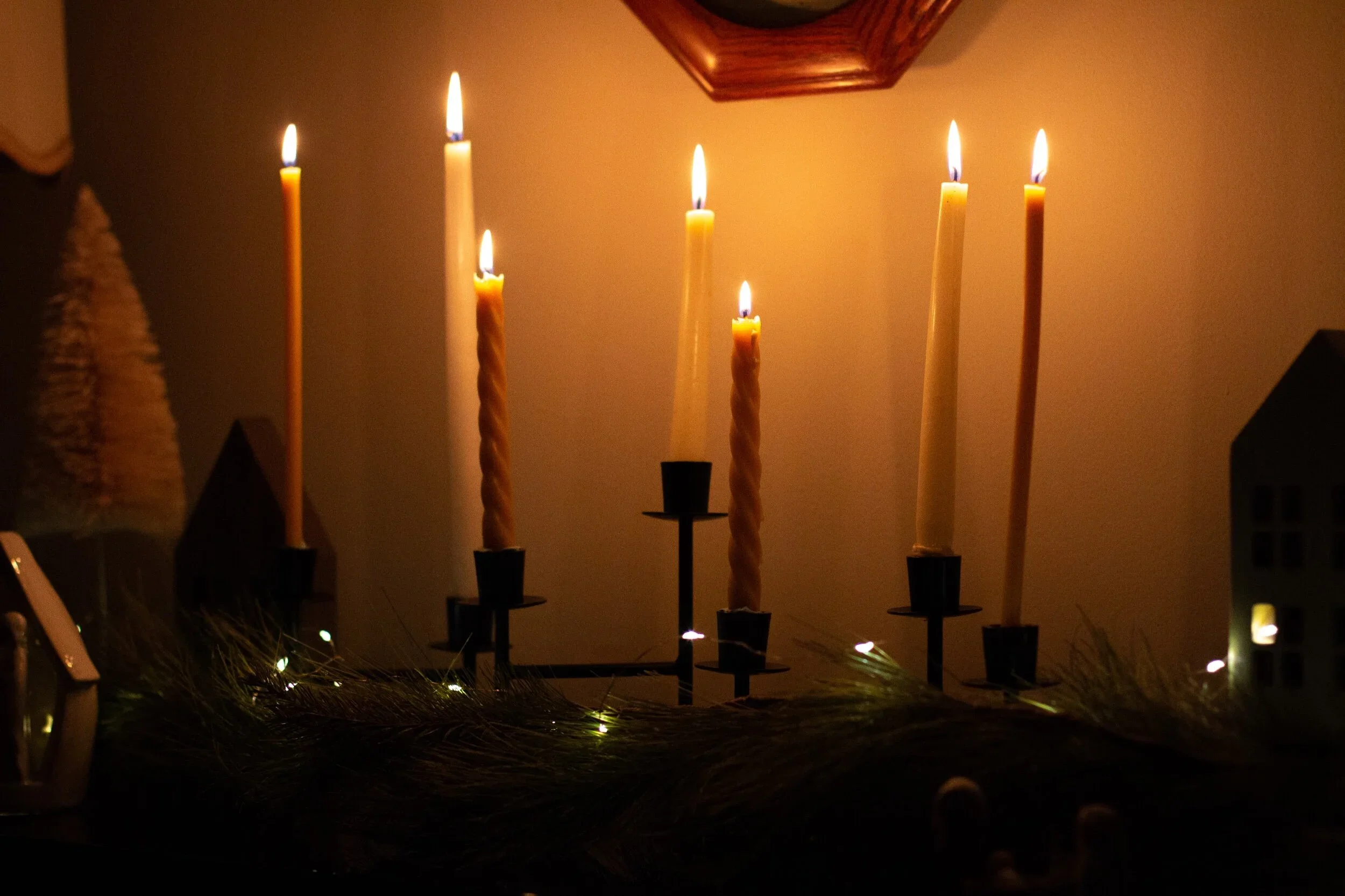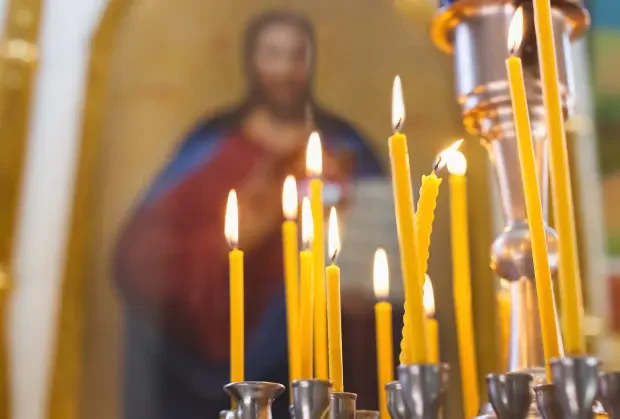Asked to judge a woman "caught in the act of adultery," the Gospel of John says Jesus stooped, wrote something in the dust, then told her accusers: "Let anyone among you who is without sin be the first to throw a stone at her."
Then he wrote again. The silent religious leaders drifted away. What happened next sums up Christian teachings on sin, grace and forgiveness, according to Philip Yancey, long one of America's most popular evangelical writers.
Jesus asked the woman: "Didn't even one of them condemn you?" She said, "No, Lord," to which he replied, "Neither do I. Go and sin no more."
Fundamentalist preachers often portray God as a "cosmic policeman, someone who was just waiting to smash somebody who does something wrong," said Yancey, during a podcast with the Rev. Russell Moore, editor-at-large of Christianity Today.
That's wrong, said Yancey. Instead, church leaders should, "Start with Jesus and end with Jesus. … Jesus wasn't a pushover, by any means, but he was always full of compassion. … He never turned someone away who had an attitude of repentance."
Yancey has repeatedly delivered this message during a half century of addressing Christian denominations, colleges and myriad other gatherings. His books, such as "The Scandal of Forgiveness," have sold 20 million copies in 49 languages.
But the Moore podcast, on "The Problem of Pain and Suffering," was posted only four months before Yancey, 76, announced his retirement -- due to an eight-year sexual relationship with a married woman.
"My conduct defied everything that I believe about marriage. It was also totally inconsistent with my faith and my writings and caused deep pain for her husband and both of our families," wrote Yancey, to Christianity Today, where he was a columnist for decades.


